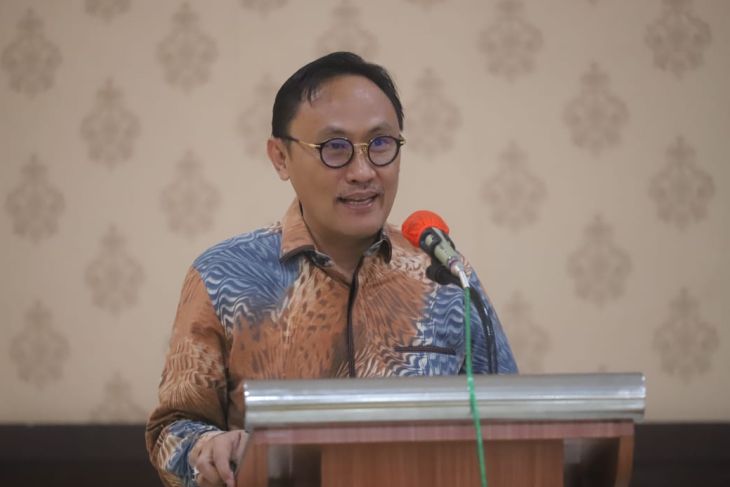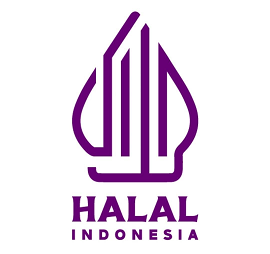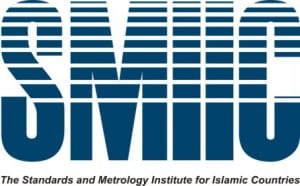 |
| Sukoso, head of Indonesia’s halal product assurance agency BPJPH, gives a lecture on BPJPH’s new policies on halal certification and relevant laws at The K-Hotel Seoul in Seocho-gu, southern Seoul, Nov. 13. / Courtesy of BPJPH |
By Yi Whan-woo – Korea Times
Halal is a key part of a Muslim lifestyle and small and medium-sized enterprises (SMEs) must be aware of related regulations if they want to do business in Indonesia ? the world’s largest Muslim-majority market
As Indonesia’s official halal certification agency, the BPJPH says SMEs here make Korea an attractive destination for it to better promote its role after the agency’s launch last year.
Operating under the wing of Indonesia’s Ministry of Religious Affairs, BPJPH is an Indonesian acronym for Halal Product Assurance Agency.
It was founded in accordance with Presidential Decree No. 33 that went into force on Oct. 17, 2019.
The agency took over the job previously dealt with by non-governmental agency MUI.
“BPJPH was so enthusiastic about better addressing its job and helping Korean SMEs expand their foothold in Indonesia, so its head did not hesitate to come to Korea despite the pandemic,” a public relations manager for BPJPH told The Korea Times this week.
The manager referred to BPJPH head Sukoso’s visit to Korea last month to give a lecture on Indonesia’s new policies on halal certification and relevant laws.
The lecture at The K-Hotel Seoul in southern Seoul, Nov. 13, was attended by more than 200 businesspeople from 24 SMEs here.
Many of them were from the food industry while others were curious about the meals and other services they would need to offer to employees in the event that they open factories in Indonesia.
Participants from the Indonesian side included BPJPH Ambassador Daniel Koo, Indonesian Chamber of Commerce and Industry Korea’s Committee Chairman Anggoro Budiman, Islamic Ummah Unity’s Head of Economic and Cooperation Division Head Dennie Istiawan, Mitra Ipemi Korea head Witdyah Ganti Riwayati, as well as Lee Kwang-yeon, the chairman of Pacific Group, a Jakarta-headquartered company that issues halal certifications abroad on behalf of the BPJPH.
“The lecture helped the audience reshape their understanding of halal or correct any misunderstandings about it,” the PR manager said, adding, “Attendees have learned how important it is to have halal certifications to run a business in Indonesia.”
Sukoso underlined that the BPJPH and Pacific Group “work closely in issuing certificates with a safe and verified system.”
Lee expressed hope more Korean companies would advance to Indonesia and help implement the New Southern Policy, President Moon Jae-in’s signature diplomatic initiative aimed at enhancing ties with the 10-member ASEAN.
Indonesia is ASEAN’s most populous country with over 264 million people.
With roughly 88 percent or 225 million of its people being Muslim, Indonesia also accounts for 13 percent of the worldwide Muslim population and tops the list of countries with the largest Muslim populations.



